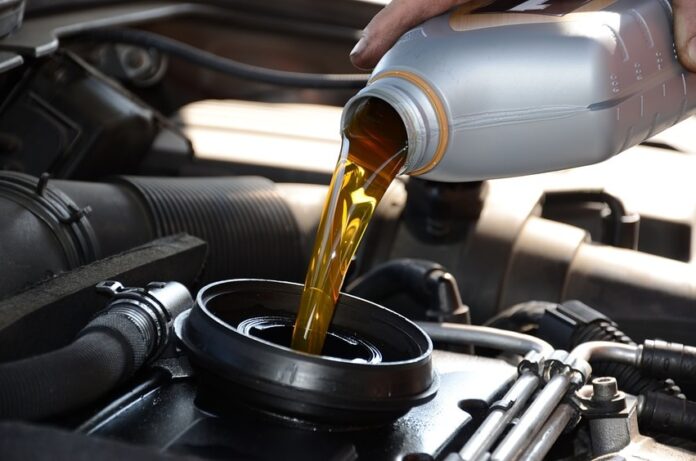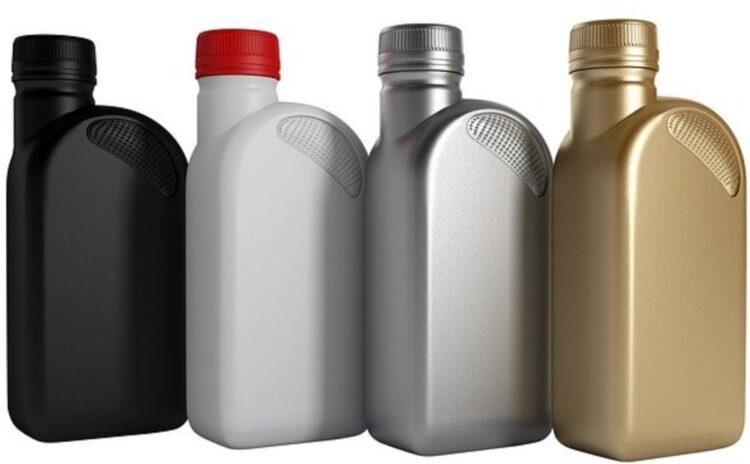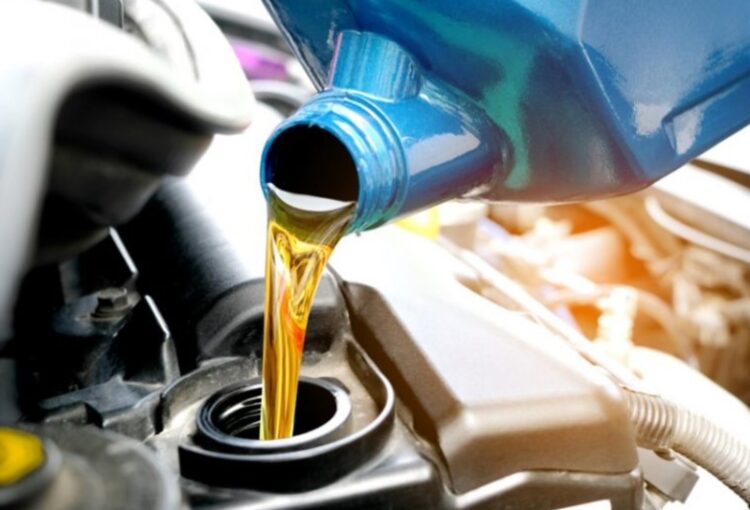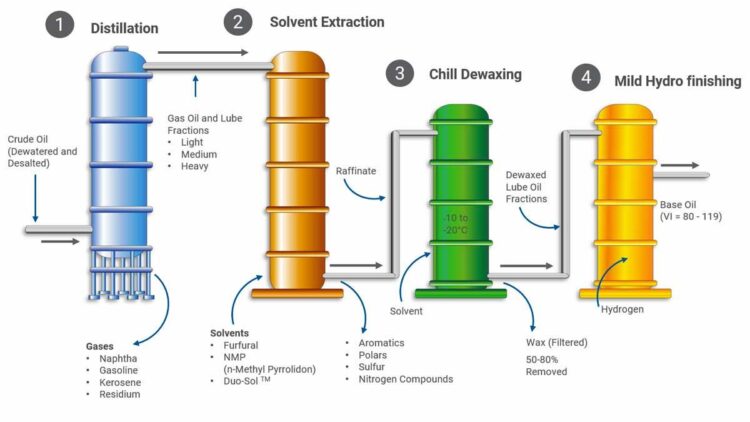
In case you have been wondering if high mileage oil is something you need for your used car, you are not alone. Many people are asking themselves the exact same thing, whether or not they should switch to high mileage oil and when they should do it.
Lucky for you, there are going to be answers to all of your questions regarding this topic right here. Keep reading this article to find out everything about high mileage oil and if it is something you need for your old car. In case you wish to scrap your old vehicle since it does not suit your needs anymore, make sure to visit autowranglers.com.
What is High Mileage Oil?

High mileage oils are special oils for engines of older cars that have seen their fair share of roads and trips. Such oils contain additives and certain seal enhancers that try to prevent and reduce internal and external oil leaks from your engine. This can help with those annoying oil sports on your driveway, as well as with burning of the oil in older engine models.
Simply put, high mileage oils work in such a way that their special ingredients make o-rings, gaskets, and seals swell up. In addition, most high mileage oils contain detergents capable of removing built up sludge from the engines from years of use, allowing better flow.
Now, many drivers are not sure when their car is suitable for a switch to high mileage oil. It is generally considered that cars with more than 75,000 miles on their dash could benefit from high mileage oils. If your total is well over this or maybe even double the amount, you should definitely switch to this oil.
If you have a newer car that you simply drive a lot, you may not need it. There will be more word on true high mileage situations in a bit. Before then, it should be mentioned that problems like power losses, cylinder slaps, weird noises, blowbys, or other mechanical problems, an oil switch or a different kind of oil will do little to solve it.
What is High Mileage Exactly?

There are no clear guidelines or rules to when high mileage begins on a car, especially now that modern vehicles can last up to 400,000 miles before experiencing serious problems. In addition, highway miles are not the same as city miles, evident by the two different fuel economy standards. On the highways, there are much less stops and starts, resulting in steadier temperatures and less wear and tear of the engine. Besides, the engine works at its peak for longer. In the city, things are very much on the opposite end, and an engine with 80,000 city miles might be in worse condition than an engine with 150,000 highway miles. The vehicle type and maintenance also paly big roles.
Generally, most people switch to a high mileage oil when they cross 200,000 miles, but there are also those who want to care more for their vehicle and make the switch at 80,000. This puts the average amount of miles at anything over 100,000. For used, old-timey cars, it is best to switch as soon as possible in order to get the maximum out of it before completely gives out on you.
Different High Mileage Oils

There are quite a few high mileage oil types available on the market, so customers are often not sure which one they should get for their car. Since most appear similar and contain all the same additives, it is hard to make up one’s mind while purchasing.
Still, it is the concentration of additives itself that should make all the difference in the end. Like many other recipes in the world, motor oil recipes are trade secrets meaning is impossible to know all the right combinations of additives and other ingredients in a container of motor oil. Therefore, the data sheets on them are always in percentages and some additives may not even be listed.
It should be easy enough for you to pick recognize a high mileage oil from a normal oil. Despite this, it could sometime be tricky due to the heavy involvement of marketing campaigns that claim oils are able to do much more than they actually can. Remember that most additives are there to find the irregularities on the metal parts of the engine and fill them out, preventing leaks and smoothening the surfaces. More research is needed to determine the best high mileage oils out there. For now, stick with the above average brands with good track records, and do not fall for false marketing of normal oils.
Changing Oil in High Mileage Engines

It could be said that the engines themselves are actually the ones that should bear the name “high mileage”. Anyway, it is not easy to answer this question mostly due to the fact that not all cars are in same condition, and not all of them have the same kind and the same total of miles behind them.
That being said, the newer the car, the less oil changes it needs. This means that if your vehicle has a good engine that has enjoyed proper maintenance for years, you do not have to do it that often. You could always do an oil analysis to check the situation.
For old and used cars that are prone to oil burning, oil changes should be a regular occasion. The engine is already suffering from tens, if not hundreds of thousands of miles, so do not roughen it up more with rare oil changes. If you want your scrappy car to make it a little bit longer, perform oil tests and checkups regularly and pay attention to any strange situations in the car’s overall performance.
High Mileage Oil Groups

There are five groups of base oils, each containing different percentages of saturates and sulfur. In addition, they have different viscosity indexes among them. Brands utilize different base oil groups and blends. For example, Mobil1 uses group 3, 4, and 5 blend, while Valvoline MaxLife uses group 2 and 3 blend. Therefore, try to do as much research as possible before making the final decision on the high mileage oil you need.











